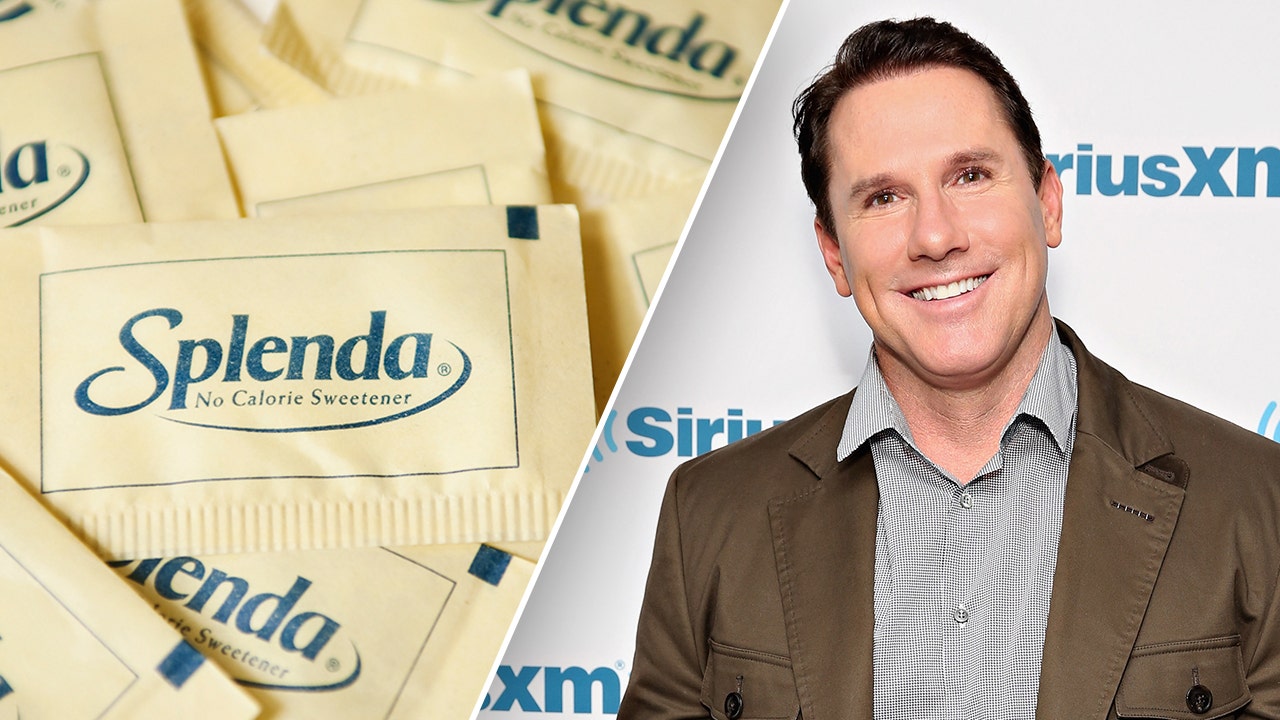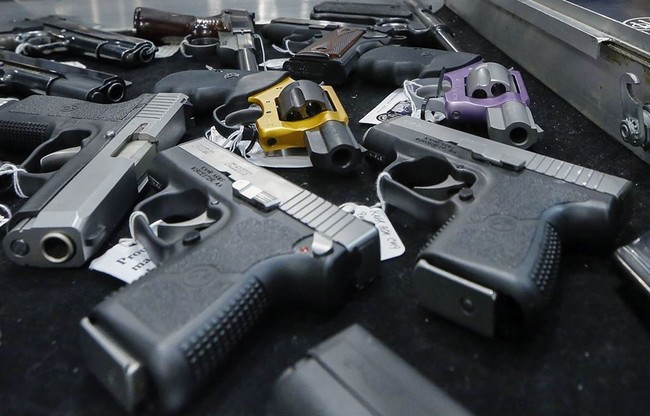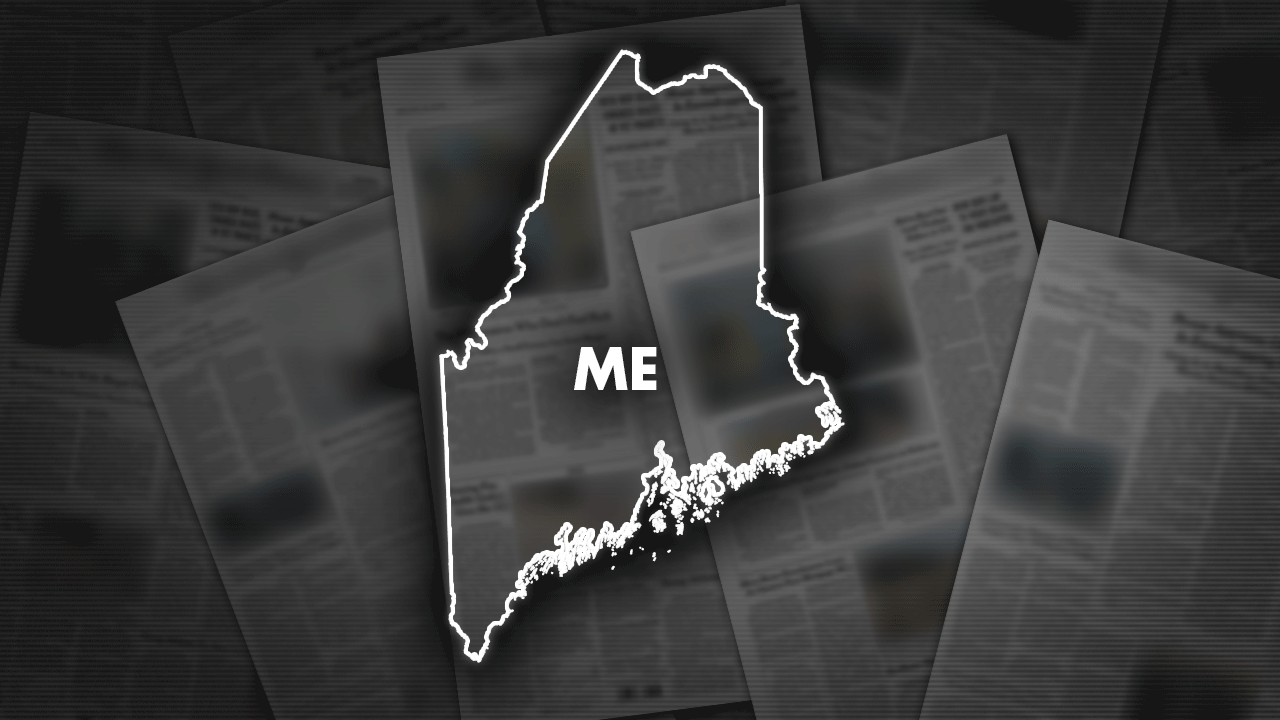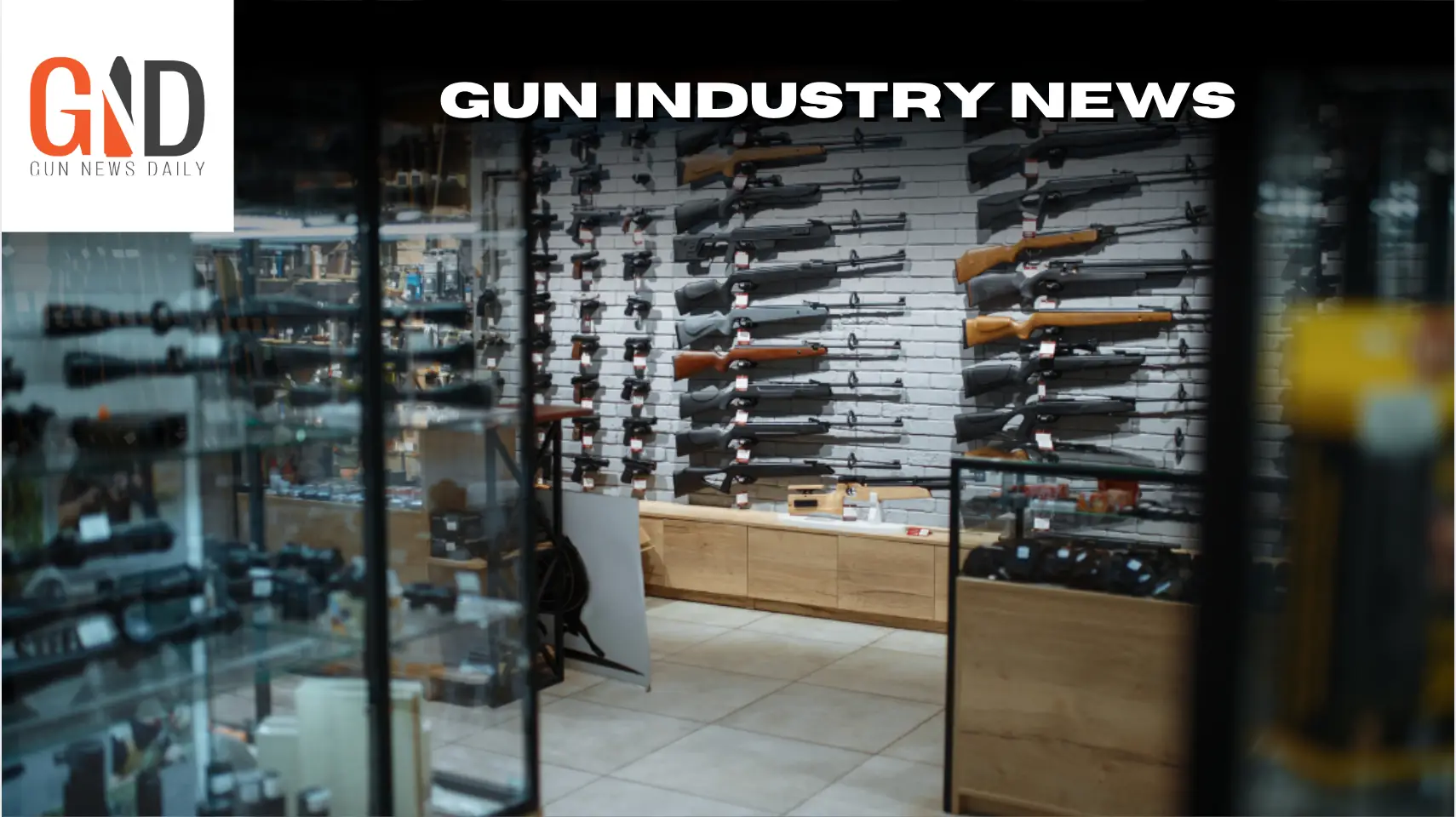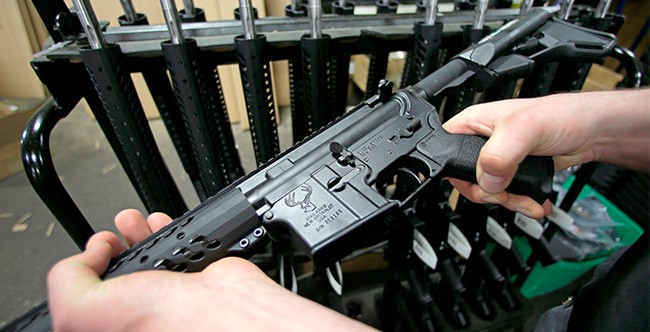I’ve seen a lot of destruction in my life. I’ve walked through war zones and cities torn apart by riots, and I’ve stood at the sites of natural disasters that leave communities devastated. But what I saw in Asheville, North Carolina, after Hurricane Helene was unlike anything I’ve ever witnessed.
Houses were washed down rivers, upside down and crushed. Train tracks, strong enough to support locomotives, were left suspended in midair after the earth beneath them was eroded away. Semi-trucks, rolled by the force of the floodwaters, now lie like children’s toys, tossed and overturned hundreds of feet from the road. Whole towns have been uprooted and scattered — debris from homes miles away, stacking up like dominoes, bridges that stood for decades washed out by water so high that it flowed six feet over their tops.
‘You tell everybody you know — even if they don’t care — we’ll take care of our own damn selves if nobody shows up.’
I stood there, looking at this idyllic small town in the Blue Ridge Mountains, and I thought, “This will take years to rebuild. Maybe even decades.” But I didn’t just see destruction. I saw something far more powerful than nature’s wrath: the resilience of the American spirit.
My expectations for the government’s assistance were low before I arrived in Asheville, given its failing track record in previous natural disasters, but its response to Hurricane Helene victims — or lack thereof — was a new category of negligence. But the people in Asheville weren’t waiting on FEMA or the federal government to swoop in. They knew no one was coming.
The bridges were out, roads were destroyed, and the mountains had isolated them from outside help. But instead of despair, I saw hope. Instead of panic, I saw action. People were taking care of each other, and that is the America I remember, like in the days after 9/11 when we came together regardless of political party, race, or background. We didn’t care about who voted for whom. We just saw our neighbors hurting, and we asked, “Are you OK? What can I do to help?”
I saw that again in North Carolina. I saw it in the man who turned his Harley-Davidson dealership into a helicopter landing zone, shoveling mud out of his showroom just so rescue teams could land. I saw it in the volunteers flying missions across treacherous terrain, getting the elderly and the injured out of danger. They weren’t asking for government permission. They were doing what needed to be done.
Adam Smith, a retired Special Forces veteran who is coordinating the landing of helicopters in Asheville, told me that the FAA is trying to shut down the operation because it isn’t federally regulated. He told the feds that they’re going to leave because he has a helicopter landing in a few minutes that will actually help people while they are barking orders from Washington.
One story stood out to me. We landed to help evacuate an elderly woman with a broken hip and a severe infection. She just had surgery, but because her family didn’t have insurance, the hospital pushed her out as fast as it could. Her wound became infected, and her leg was on fire. We helped airlift her to get her desperately needed antibiotics and treatment. There were no government resources to help her to an emergency room.
As we loaded the woman into the helicopter, her grandson turned to me and said, “You tell everybody you know — even if they don’t care — we’ll take care of our own damn selves if nobody shows up.” That hit me hard because it’s the truth. It’s the way America used to be, and it’s the way we need to be again.
As I flew through those mountains in the helicopter, I couldn’t help but think of Billy Graham. I’d visited Asheville about 10 years ago to see him, and I remember thinking how beautiful and peaceful the town was. Today, it’s unrecognizable. The destruction is overwhelming. But the people are stronger than ever.
The government can’t save us. Washington is too slow and too bureaucratic, and quite frankly, the government doesn’t care. I saw it firsthand. We found a FEMA truck parked under a tree, its workers sitting at a card table in the shade. They weren’t doing anything to help.
But we’re Americans. We can take care of ourselves. We don’t need Washington to save us. We need each other. This is the America that Billy Graham spoke to me about — the America that will rise again in times of trouble. And while the government might fail us, we will not fail each other. And that’s exactly what I saw in North Carolina — Americans stepping up, taking care of their neighbors, and rebuilding their communities.
This is what I told the people of Asheville: You are not forgotten. There are millions of Americans who love you, who are praying for you, and who are ready to help. Because that’s what we do. We don’t wait for permission. We roll up our sleeves and take care of our own.
And to the rest of America, I say this: It’s time to remember who we are. It’s time to stop looking to Washington for solutions and start looking at each other. Because when the chips are down, it’s not the government that’s going to save us. It’s you and me, and if we stand together, nothing — no hurricane, no flood, no disaster — can break us.
Want more from Glenn Beck? Get Glenn’s FREE email newsletter with his latest insights, top stories, show prep, and more delivered to your inbox.
Read the full article here



